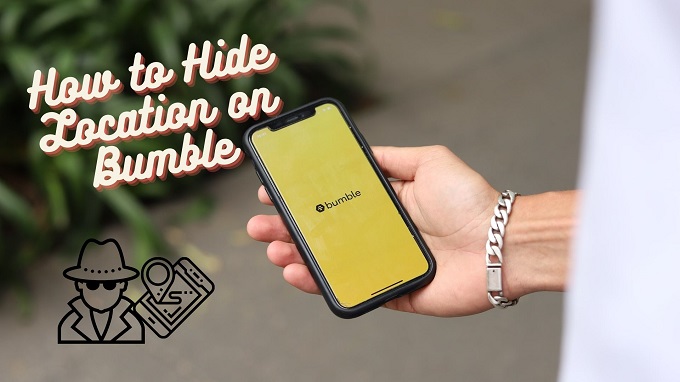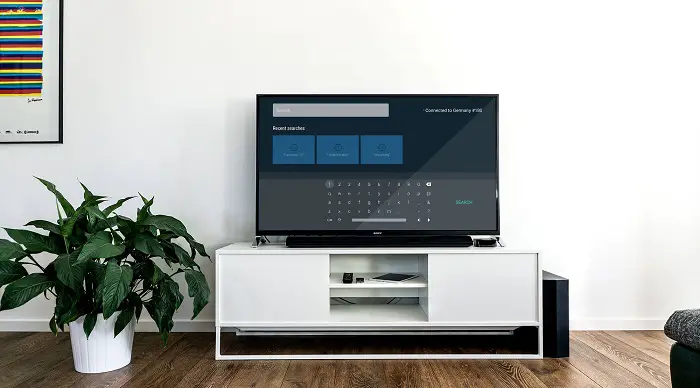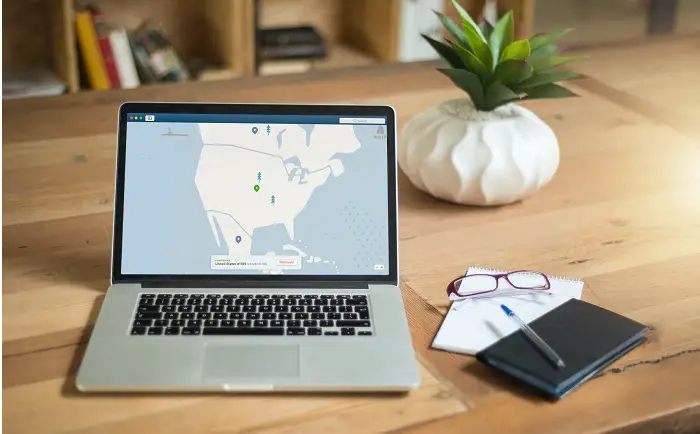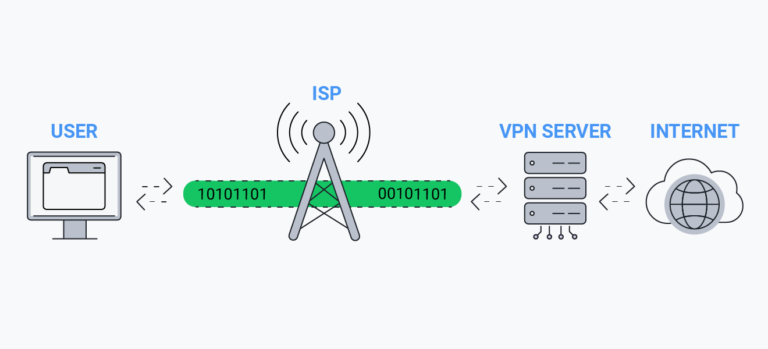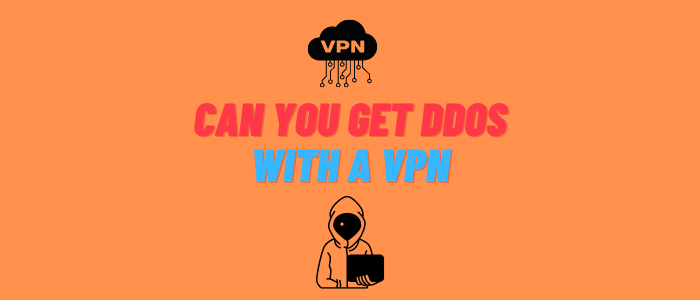
A Distributed Denial of Service (DDoS) attack is a malicious attempt to make an online service unavailable by overwhelming it with traffic from multiple sources. This can be done by using a botnet, which is a network of hijacked devices that are used to send the traffic. But can you get DDoS protection with a VPN? In this article, we will explore that question and give you some tips on how to protect yourself from DDoS attacks.
How does a ddos attack work?
In layman’s terms: DDoS = Death by Overloading Servers with Traffic
What types of DDoS attacks exist?
There are two main types of DDoS attacks: volumetric and protocol-based. Volumetric attacks are designed to overwhelm the bandwidth of the target server. Protocol-based attacks exploit weaknesses in the protocols that are used to communicate between devices on the internet. These attacks can be more difficult to detect and can cause more damage than volumetric attacks.
What are the ways to protect against DDoS attacks?

- Use a reputable VPN service with servers in multiple locations like a NordVpn
- Keep your software and operating system up to date
- Be aware of phishing emails and other scams that can lead to your device being compromised
What is VPN?
A VPN, or Virtual Private Network, is a tool that can be used to improve your online privacy and security. A VPN encrypts your internet traffic and routes it through a server in another location. This makes it more difficult for someone to track your activity and can also help you to bypass censorship. NordVpn is one of the most popular VPN providers and offers a wide range of features at a reasonable price.
- Disconnect from the internet and contact your ISP;
- Use a DNS service like Cloudflare or Google Public DNS;
- Contact a DDoS protection service like Incapsula or Arbor Networks;
- These steps will help to protect your website or service from DDoS attacks.
When it comes to DDoS protection, a VPN can be a helpful tool. But it is important to remember that no one solution is perfect. There are always ways for attackers to bypass security measures. The best way to protect yourself is to stay informed and use multiple layers of security.
Do all VPNs offer DDoS protection?
There are a lot of VPN services available, but not all of them have protection against DDoS attacks. NordVPN is one of the few providers that offers this type of protection, and it is important to research the features of any VPN service before you sign up.
NordVpn is one of the few VPN providers that offers protection against DDoS attacks. After they made 100 percent protection on all their 5000 servers, they are now one of the best at it.
When and where should I use a VPN?

A VPN is most effective when used in conjunction with other security measures, such as a firewall and anti-virus software. However, there are some situations where a VPN can offer additional protection.
For example, if you’re using a public Wi-Fi network, a VPN can help to protect your data from being intercepted by malicious individuals. Similarly, if you’re accessing sensitive data or carrying out financial transactions online, a VPN can add an extra layer of security.
Ultimately, whether or not you should use a VPN comes down to your own personal circumstances and needs. If you’re concerned about online security and privacy, then a VPN could be a good option for you. However, it’s important to remember that no security measure is foolproof, and a VPN cannot guarantee your safety.
How can a VPN protect you?
A VPN can protect you in a number of ways. By encrypting your traffic and routing it through a server in another location, it makes it more difficult for someone to track your activity or intercept your data. Additionally, a VPN can help to bypass censorship and access blocked websites.
How long does a DDoS attack last?
A DDoS attack can last anywhere from a few hours to a few days. It all depends on the size and scope of the attack, and how well prepared the target is. If you’re worried about being the victim of a DDoS attack, consider using a VPN.
Can ddos attacks steal information?
No, DDoS attacks cannot steal information. However, they can overload a server with requests, making it unavailable to legitimate users. This can be extremely disruptive and cause significant financial losses. Additionally, DDoS attacks can be used to distract from other malicious activity, such as data breaches.

Are ddos attacks illegal?
DDoS attacks are not illegal in themselves, but they can be used for illegal purposes. For example, if a DDoS attack is used to take down a website or service, it can lead to lost business or customers. Additionally, DDoS attacks can be used as a distractive technique while hackers attempt to gain access to sensitive data through other means. This is why it’s important to have multiple layers of security in place, including a VPN.
Can ddos attacks be tracked?
DDoS attacks can be difficult to track, but it is possible. One way to do this is by looking at the IP addresses that are making requests to your server. If you see a large number of requests coming from a single IP address, it may be an indication of a DDoS attack. Additionally, your ISP may be able to provide information about suspicious activity on their network.
What are ddos attacks used for?

DDoS attacks are often used to target online services or websites in an attempt to make them unavailable to users. In some cases, DDoS attacks can also be used to steal data or extort money from the victim.
Who needs protection from DDoS attacks?
Anyone who uses the internet can be a target of a DDoS attack. However, there are some groups that are more likely to be targeted. This includes large businesses, government organizations, and online gamers.
What can I do if I am the victim of a DDoS attack?
If you are the victim of a DDoS attack, there are a few things you can do. First, try to identify the source of the attack. This can be difficult, but it may be possible to track the IP addresses that are making requests to your server. Additionally, contact your ISP and let them know what is happening. They may be able to provide information about suspicious activity on their network. Finally, consider using a VPN as an additional layer of protection against DDoS attacks. NordVpn is one of the most popular VPN providers and offers a wide range of features at a reasonable price.
Conclusion

DDoS attacks are becoming more common and sophisticated. Many organizations are turning to VPNs as a way to protect their networks from these threats. However, it is important to remember that VPNs are not infallible. They can provide an extra layer of protection, but they will not stop all DDoS attacks. If you are concerned about DDoS attacks, or if you have been the victim of one, NordVpn can help protect your online presence. With over 5000 servers in 62 countries, NordVpn can provide the coverage and protection you need.

